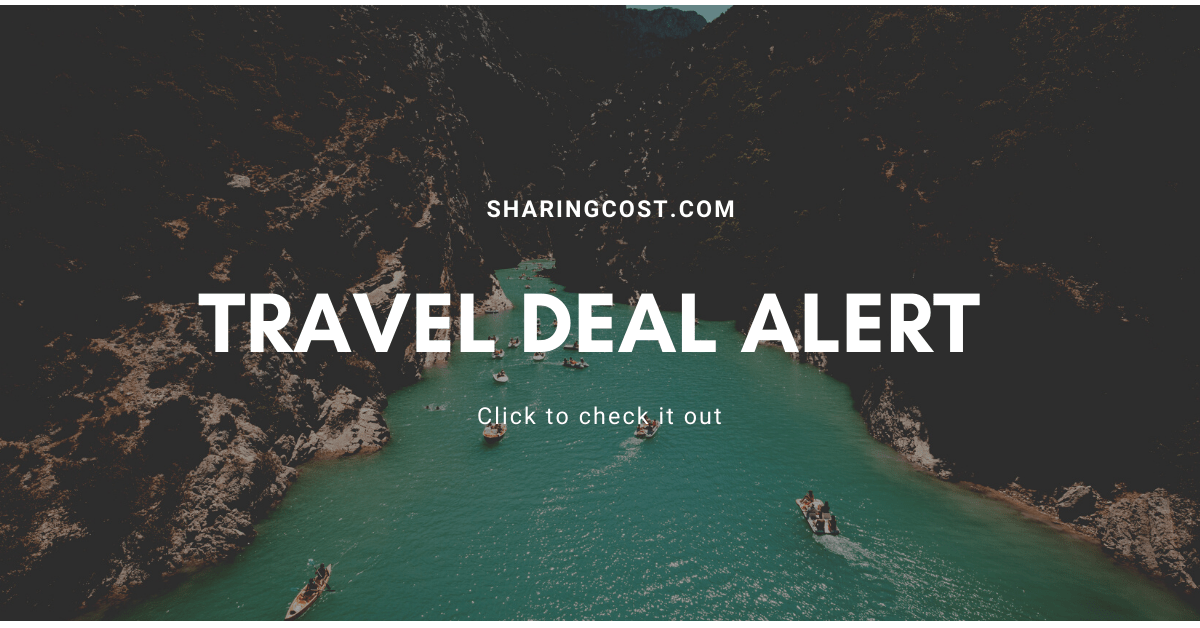Search Cheap Flights and hotels
Governments across Europe have imposed new lockdowns and restrictions as some teeter towards a second wave, following a summer of relaxed rules. Ireland, France and Germany have entered partial national lockdowns. And Sweden, an outlier in its response to the pandemic, has imposed local restrictions after suffering a dramatic resurgence of cases in recent weeks.
This month Sweden granted regional health authorities permission to impose local restrictions in an attempt to avoid a second wave. Sweden was the only country where a nationwide lockdown was never imposed but the shift in response comes as the country reported its highest daily count since June, with 970 cases on October 15, according to the WHO. Uppsala is the first region in the country to introduce the measures, asking people to avoid social activities, public transport and physical contact with people outside of their household.

France had initially dealt with the autumn wave on a regional basis with curfews in Paris and eight other high-risk cities. But as the situation worsened, France entered a national lockdown on Wednesday that will last until December 1. All non-essential businesses will close (though restaurants and cafes will open for take away service) and written statements will be required for people to leave their homes. "The virus is spreading across France at a speed that even the most pessimistic did not predict,” president Emmanuel Macron said in a television address.
Spain, one of the worst-hit countries of the first wave, has avoided a second national lockdown but introduced a national state of emergency that will last until May 9, 2021: allowing regional governments to impose overnight curfews from around 11pm until 6am, and local lockdowns if required. Canary Islands is the only region exempt from the restrictions due to "the very positive epidemiological situation there," according to prime minister Pedro Sánchez.
Italy has also avoided a full lockdown this time but stepped up its coronavirus response this month with new restrictions that limit the operating hours of bars and restaurants nationwide. Some regions are implementing heightened measures, including Lombardy with a curfew, and Campania by closing schools. Poland is also looking to avoid locking down the entire country and has designated some areas high-risk, including Warsaw, with restrictions on gatherings and hospitality businesses in these "red zones".

Masks are now compulsory in all public indoor spaces and on all public transport in Greece. A tiered system of response was imposed this week. Mykonos, Santorini and Athens are in tier three, which includes a 12.30am to 5am curfew. People now arriving on the mainland from the Greek Islands are being offered free rapid COVID-19 testing to help with Greece's track and trace system.
Meanwhile, the Netherlands entered a partial four-week lockdown on October 14th that will now be extended until "well into December". Bars and restaurants are closed and alcohol and cannabis sales are banned after 8pm. In Belgium, where hospitals are struggling to cope with spikes in cases, bars and restaurants were closed on October 19th for a month. In addition, alcohol sales are banned after 8pm, and a curfew is applied from midnight until 5am. Frank Vandenbroucke, the federal minister, told RTL that Belgium is now "the most affected region in all of Europe," followed by the Czech Republic (who have closed schools, restaurants, bars, gyms and theatres) and the Netherlands.
Over in Switzerland, after infections doubled at the start of the month, officials have made mask-wearing compulsory in indoor public spaces and is encouraging people to limit their contacts. While in Germany, people are asked to stay home as COVID cases surge. Chancellor Angela Merkel announced on Wednesday the country will go into a month-long nationwide partial lockdown on November 2 to "save Christmas" and will close all hospitality venues. Individual states will have the final say on which restrictions to impose.

Elsewhere in Europe, Ireland escalated its response to the pandemic. It entered October in level three of a five-tiered response system but last week officials moved the country to level five for six weeks with enhanced restrictions including closing non-essential shops, only allowing restaurants to open for take-away and delivery, and requiring people to stay within 5km of their homes.
England has introduced a three-tier system which sees different parts of the country placed in different categories of restrictions depending on rates of infection. So far northern regions including Liverpool and Lancashire are in the "very high" tier with businesses closed, while London and seven other regions were recently moved to the "high" tier. Wales entered a "short, sharp" national lockdown last Friday until November 9, with people ordered to stay at home and businesses and non-essential shops closed.
As countries operate through a patchwork of restrictions and regional lockdowns, the European Commission has attempted to make it easier to make sense of travel rules, at least, within the European Union by introducing a new traffic light system. For more information, see here.
This article was first published on October 20 and updated on October 29, 2020.
You might also like:
What countries can US travelers visit right now?
New Zealand's passport is now the most powerful in the world
The post What you need to know about Europe's tightening COVID-19 restrictions
appeared first on Lonely Planet Travel News.



